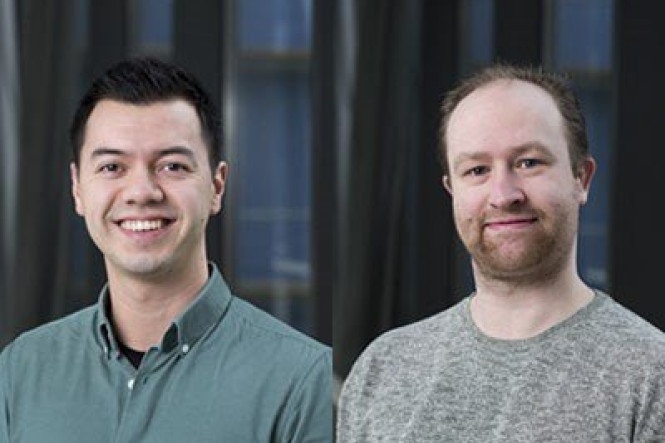Regulatory T cells are crucial in the prevention of autoimmune diseases. They suppress the reactions of ordinary T-cells that are directed against body's own components. Ordinary T-cells and regulatory T-cells therefore work against each other. Both types of cells can quickly divide after activation. The researchers found that the Tumor Necrosis Factor receptor-2 plays a unique role in dividing regulatory T-cells. The receptor activates a metabolic program that amplifies these T-cells in their suppressant effect.
Auto-immunity
This finding may have positive effects on cellular therapies to combat graft rejection and autoimmunity that are now being investigated in the clinic. The results provide opportunities to improve the cell product by stimulation via Tumor Necrosis Factor receptor-2. Antibodies to this receptor may also be used to suppress unwanted classical T-cell responses that lead to graft rejection or autoimmunity in the patient.
In addition, unique aspects in the metabolic program of regulatory T-cells were discovered in the study. These could possibly be exploited to suppress or stimulate the classical T-cell response with chemicals.
The study, conducted by the groups of Prof. Jannie Borst (LUMC) and Prof. Celia Berkers (Utrecht University) with a grant from the Institute of Chemical Immunology, was published in the journal Nature Metabolism.
Article details:
Title: Stable human regulatory T cells switch to glycolysis following TNF receptor 2 costimulation.
Authors: de Kivit S, Mensink M, Hoekstra AT, Berlin I, Derks RJE, Both D, Aslam MA, Amsen D, Berkers CR, Borst J.
Nat Metab. 2020. PMID: 32958937
